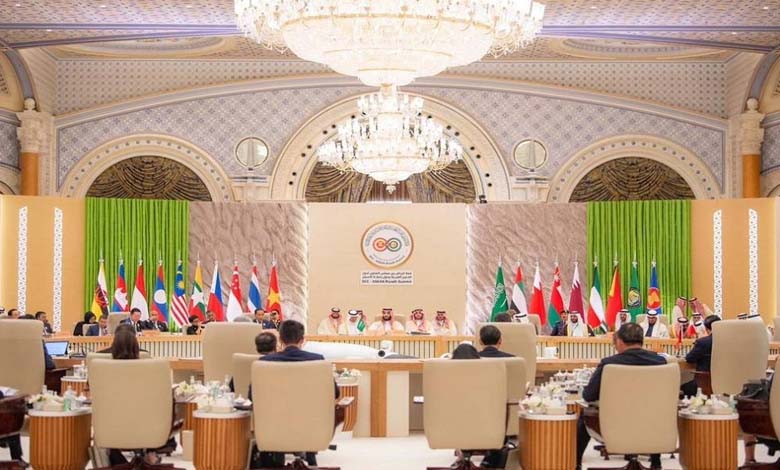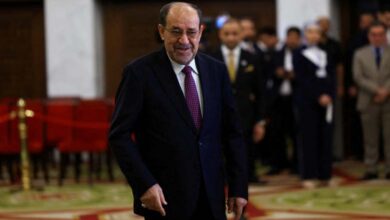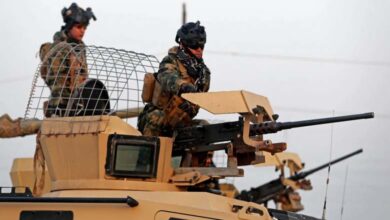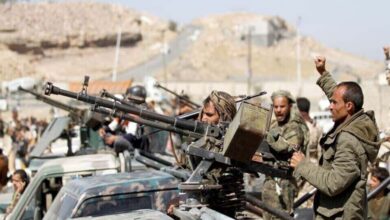The first Gulf Summit with ASEAN countries… Enhancing relations and confronting challenges

In a step towards strengthening bilateral relations, the Saudi capital, Riyadh, is hosting the first Gulf summit with the Association of Southeast Asian Nations (ASEAN), comprising 10 countries.
The summit aims to enhance cooperation between both sides and elevate coordination on matters of mutual interest. This is in pursuit of building a strategic partnership that contributes to improving relations for the benefit of achieving development, prosperity, and the security and stability of both parties while facing common challenges and risks.
To achieve these goals, the summit will discuss the adoption of a common cooperation framework for the next five years (2024-2028), which includes political, security, economic, and investment cooperation, as well as collaboration in areas such as tourism, energy, food security, agriculture, social and cultural cooperation.
The ongoing escalation in the Gaza Strip since October 7 is also expected to feature prominently on the agenda of the summit‘s discussions among participating leaders.
The summit will include leaders of the Gulf Cooperation Council countries and their representatives, along with leaders of ASEAN member states established in 1967, including Indonesia, Malaysia, the Philippines, Singapore, Thailand, Brunei, Cambodia, Laos, Myanmar, and Vietnam.
Leaders from both sides have started arriving in the Kingdom of Saudi Arabia.
Special Significance: This summit highlights the Gulf Cooperation Council countries’ openness to building strategic, developmental, and economic partnerships with influential blocs in the international community. The goal is to enhance the GCC’s global position and achieve benefits for the citizens of GCC countries and the region as a whole.
Previously, Saudi Arabia hosted the first Gulf summit with Central Asian countries on July 19, and the first Gulf summit with China on December 9 last year.
Consecutive summits underscore the Gulf countries’ efforts to strengthen their partnerships around the world within the framework of the current multipolar system.
Bilateral Relations: Important Milestones The history of relations between the Gulf Cooperation Council countries and ASEAN countries dates back to March 1986 when the Gulf Ministerial Council, during its eighteenth session, decided to initiate initial contacts with the Association of Southeast Asian Nations (ASEAN). The Council also approved the opening of economic dialogues and discussions on ways to enhance cooperation between the two.
The first joint ministerial meeting for the strategic dialogue between the Gulf Cooperation Council and ASEAN was held in Manama in May 2009, during which a memorandum of understanding on cooperation between the two secretariats was signed.
During the second ministerial meeting for the strategic dialogue held in Singapore in June 2010, the two sides adopted an action plan covering economic and cultural areas, along with the establishment of six specialized working groups in the fields of economy and trade, agricultural investment and food security, education, tourism, energy, culture, and media.
In November 2013, the third ministerial meeting between the Gulf Cooperation Council and ASEAN countries took place in Manama, emphasizing the importance of respecting the sovereignty of states and non-interference in their internal affairs based on the principles of good neighborliness, the GCC Charter, the UN Charter, and the ASEAN Charter, as well as the principles of international law.
The meeting also encouraged efforts to enhance economic, cultural, and scientific partnerships to deepen mutual relations, confirm their work for global and regional peace, as it is the basis for the progress and prosperity of the world’s peoples. They also agreed to strengthen cooperation and coordination in international forums on issues of mutual interest.
Both sides praised the depth of relations between the Gulf Cooperation Council countries and the ASEAN countries, the cultural and civilizational dimension linking them, and the encouragement of respecting diversity, religious dialogue, and moderation through education, culture, media, and tourism, which are essential foundations for countering extremism and strengthening mutual trust and understanding, as cooperation in these areas is one of the most important pillars of strength for both regions, enhancing their developmental model and international role.
In September 2018, the Troika of the Gulf Cooperation Council for the Arab States of the Gulf held joint talks with the ASEAN on the sidelines of the 73rd session of the United Nations General Assembly in New York.
The meeting committed to enhancing relations within the framework of the common vision, in addition to exchanging views on regional and international issues and common risks.
In September 2019, at the headquarters of the United Nations in New York, discussions took place between the Gulf Cooperation Council and the ASEAN during the 74th session of the United Nations General Assembly.
The session emphasized the importance of open free trade, commitment to the rule of law, and a rules-based multilateral trading system represented by the World Trade Organization.
On August 15, 2023, the General Secretariat of the Gulf Cooperation Council held a preparatory meeting for the summit with the ASEAN, with the participation of the General Secretariat and ambassadors of ASEAN countries, and a delegation from the Ministry of Foreign Affairs of the Kingdom of Saudi Arabia.
The Gulf summit with ASEAN countries begins on Friday, with expectations that it will serve as a launching point for broader cooperation between both sides in various fields.
These expectations are reinforced by the common ground and consensus shared by the Gulf Cooperation Council countries and ASEAN regarding the importance of economic progress, strengthening international investment partnerships, cultural development, and promoting global peace and stability.
The summit holds particular importance as it is the first of its kind at the level of leaders of the two sides.












